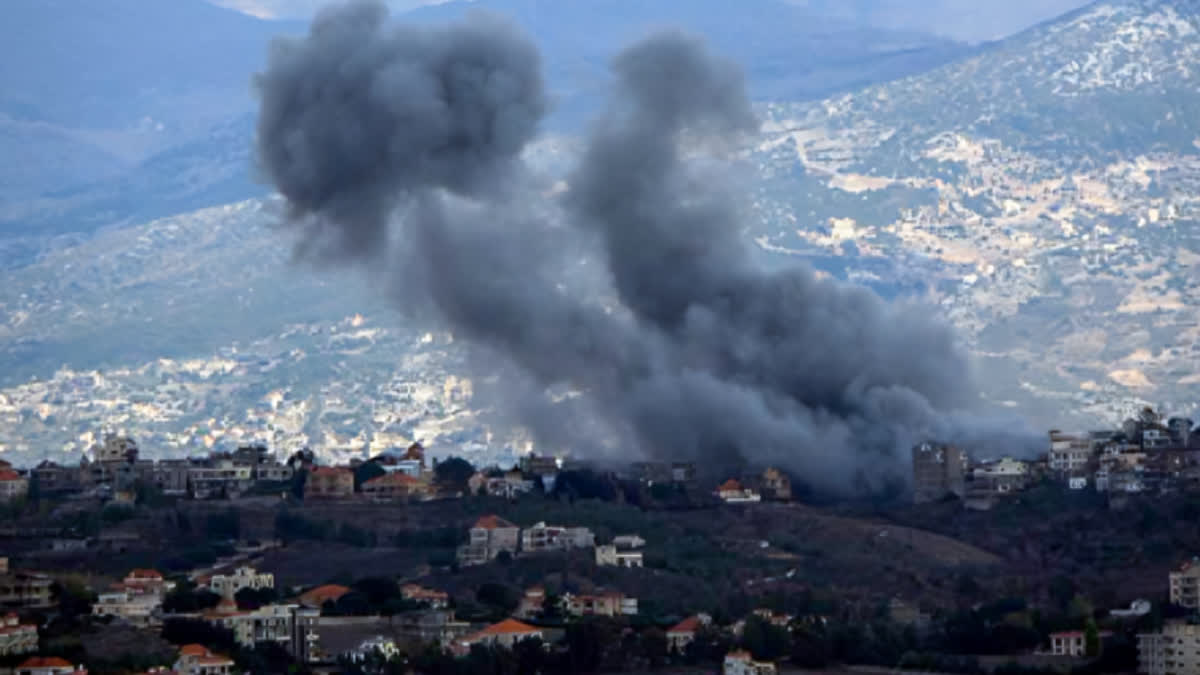
Pakistan's Airstrikes on Afghanistan: An Act of Cowardice
Recent reports reveal that Pakistan has conducted significant airstrikes within Afghanistan, targeting key areas including Kabul, Khost, Jalalabad, and Paktika. This military operation aimed at Pakistani Taliban militants, particularly focusing on Noor Wali Mehsud, a recognized terrorist leader.
In response, Afghanistan, specifically under Taliban governance, has vehemently condemned these strikes, labeling them “barbaric” and a blatant act of aggression. The Taliban insists that such military actions infringe upon Afghanistan's sovereignty and international laws. They assert their right to retaliate, vowing to defend their territory against what they describe as unjust aggression.
This situation raises critical questions about sovereignty and international law. Critics argue that these airstrikes constitute cowardly acts against a sovereign nation, undermining any prospects for peaceful diplomacy and heightening tensions between the two countries. The ongoing accusations reflect a complex tit-for-tat dynamic, with Pakistan claiming it is addressing security threats that emerge from Afghan soil, while Afghanistan decries the strikes as unwarranted.
The debate around Pakistan's actions intensifies, as the international community finds itself divided. Some view the airstrikes as a necessary response to secure national interests, while others see them as cowardly violations of Afghanistan's sovereignty.
This ongoing conflict highlights the intricate and often fragile security dynamics in the region. Accusations and counter-accusations between these neighboring countries continue to exacerbate tensions, making it crucial to examine the broader implications of these military actions.
